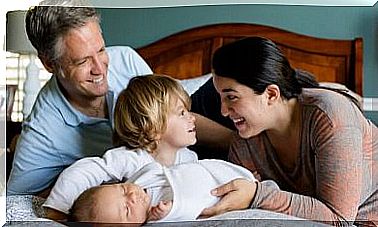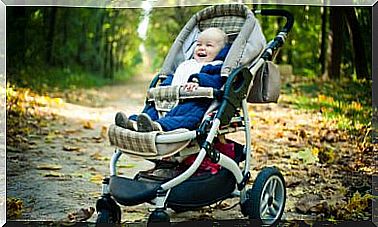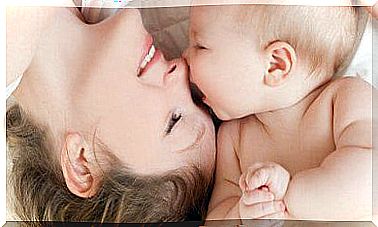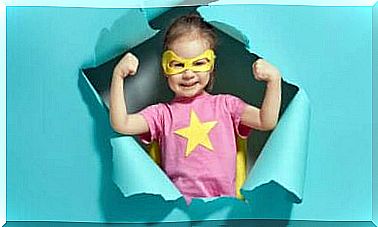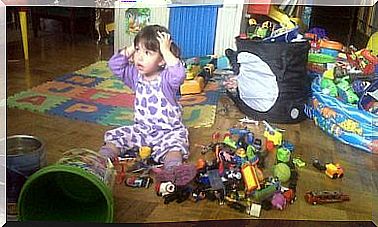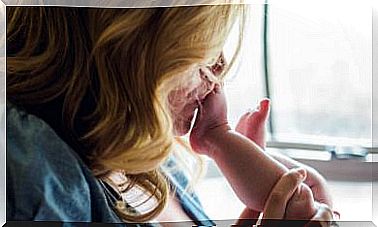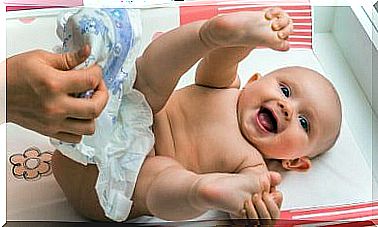How To Tell If My Child Has Developmental Problems
Knowing in advance if the child has any developmental problems is very important to ensure their health. Therefore, it is necessary to know what can happen, both mentally and physically, and how to act if something goes wrong.
However, we do not wish to be alarmists until we know more details. According to surveys, between 10% and 15% of children have developmental problems. And of these, most are non-gravity. They are simply small delays that in the medium and long term are not of great importance.
But we need to be careful and be prepared for any eventuality. The most common problems usually occur in their own physical development, difficulty in learning or communication. The normal thing in these cases is to consult your doctor and he will give you a more effective diagnosis to find out whether or not there is cause for concern.
However, it is also important to consider that only 3% of children who have a problem are seen by specialists. That is why the early action of parents and the action of professionals involved is of paramount importance.
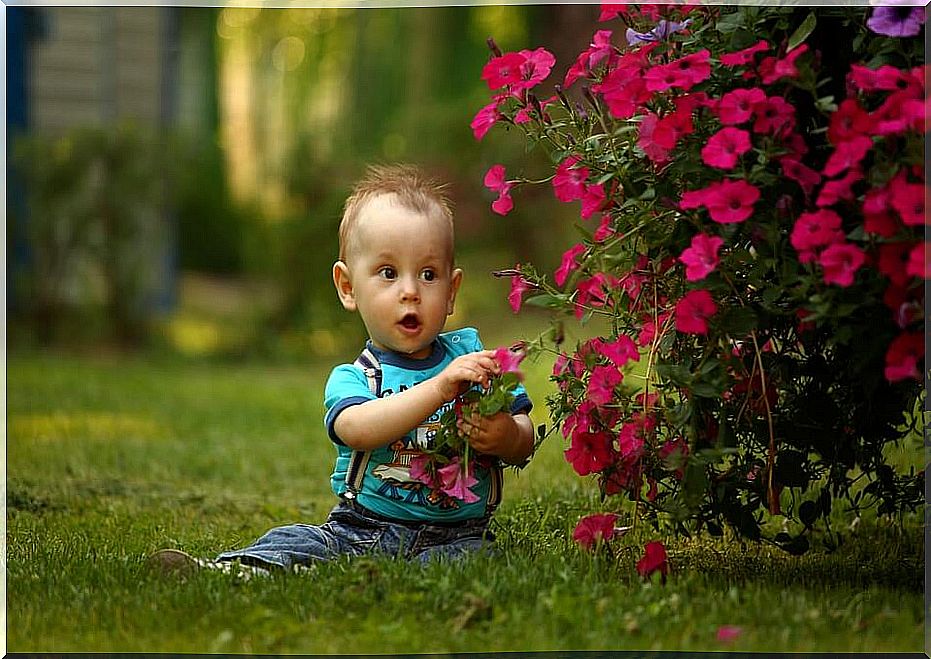
How to know if a child has a developmental problem
When the child starts to grow, it is necessary to know if a child has any problems in their development. For this, we will observe certain details and attitudes that will alert us if there is a reason to worry or not.
Physical Development Problem Symptom
- Gross motor skill is the main clue. If your child follows normal routines like learning to walk at 10 or 15 months of age, for example, there will be no problem. However, observe if it supports the little feet well, if it tends to fall beyond normal, etc… Any detail that is strange, that does not correct itself as it grows; it won’t be a bad idea to consult your doctor or even their teachers.
- Fine motor skill can also indicate a clue. Note if you are able to pick up objects with your hands for example. Or if you are 18 to 24 months old, you can already use the spoon to eat, even if most of the food ends up on the floor. Or if you are able to turn the pages of a book. Pay attention to all these details or even observing something abnormal you should consult a specialist.
Symptom of psychological development problem
- Language skills will also be a clue if your child has a developmental problem. It is normal for him to articulate his first words from 12 months onwards. However, you should note that he understands you well and handles receptive language, for example. Find out if you need to imitate too much to communicate, or make strange sounds. Or any details you believe are incorrect.
- Cognitive problems. You may also discover problems with your child’s brain capacity. At the time of learning for example and memorization maybe you notice that he does not remember things or details. It is normal that, up to 6 years of age, they do not know how to deal with the most abstract concepts with ease, as well as space and time. However, if you feel that the situation is a bit extreme, see an expert.
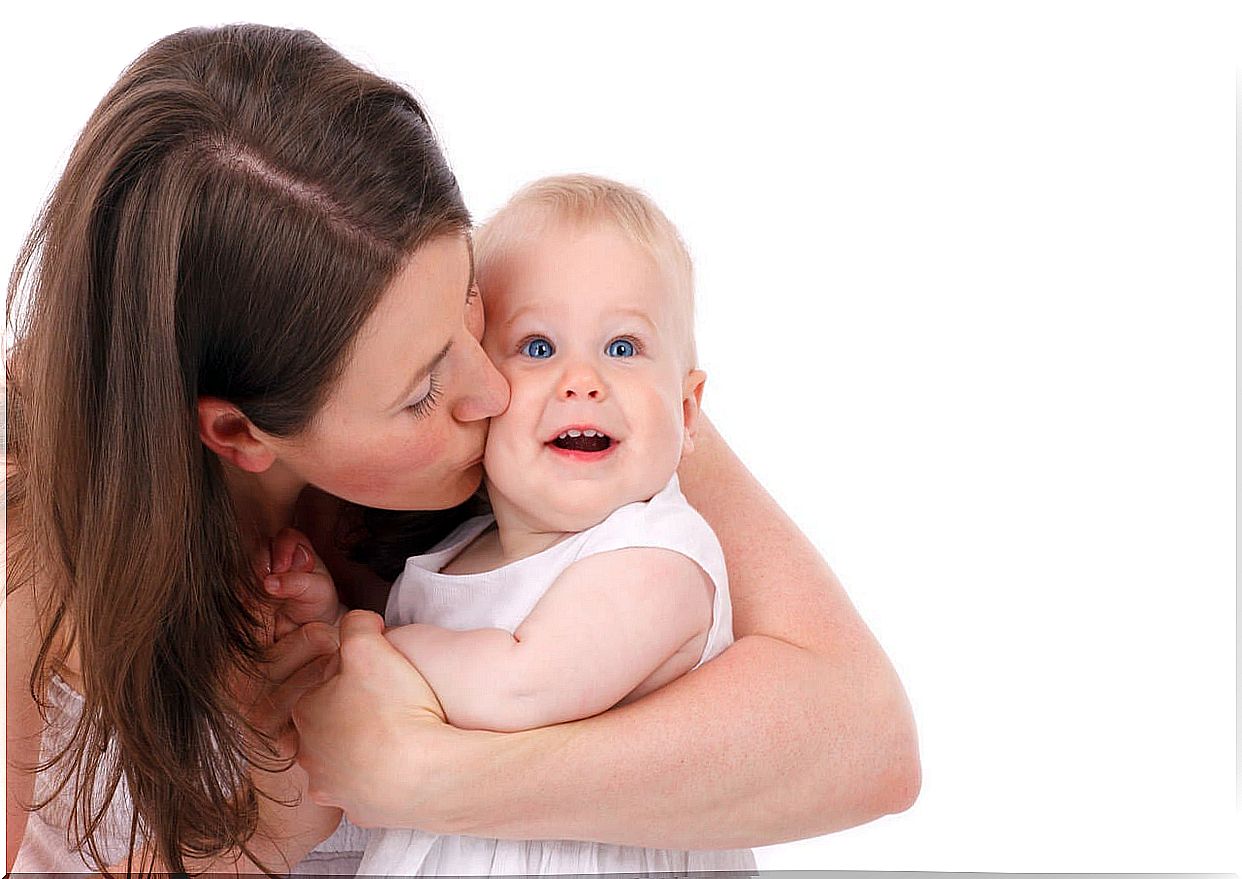
What should I do if I notice that my child has a developmental problem?
Maybe it’s you who notices, or it could also be a teacher, family member, or babysitter. In any case, any abnormal details that are noticed, it is important to inform a psychologist or health professional. So you can follow these steps:
- First, stay calm. We know your recovery is very important to you. But you need to be patient and calm. Most likely, it is a small delay that does not pose any problems in the medium and long term. The vast majority of cases resolve quickly.
- Make teachers and your doctor aware of the situation. After a conversation with the teachers at the school, they will be able to contact the Health Service so that they can make an initial assessment of the situation.
- After the first assessment, if the problem in development continues, it will be necessary to carry out more tests on the child until the problem is detected. They will need medical history, family history, etc…
- Once we have the diagnosis, the indications for the care and development of the child must be put into place. Activities, specific treatments, actions to be followed…
So always try to maintain a positive attitude despite the logical concern you will have. This attitude will pass on to your child, who will receive positive energy, affection and strength to solve any problem in their development.
